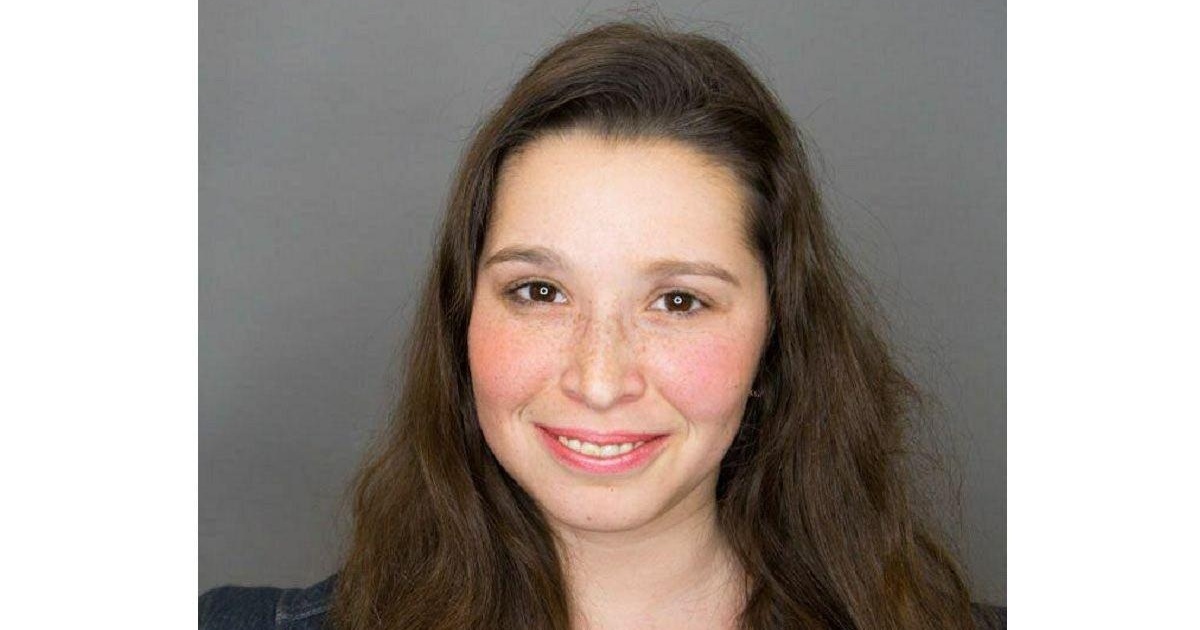Trump vs. Harris: Countdown to decision day begins American experts at Caliber.Az
Democratic Party candidate and US Vice President Kamala Harris and Republican Donald Trump are nearly even in support levels across seven potentially key states, where the most intense competition is expected in the upcoming presidential election in November, according to a Wall Street Journal poll released on October 11.
According to the survey, Harris leads by a narrow margin of 2 percentage points in Arizona, Georgia, and Michigan, while Trump has a 6-point advantage in Nevada and a 1-point lead in Pennsylvania. In North Carolina and Wisconsin, both candidates are neck and neck.
In a poll conducted from September 28 to October 8, 600 registered voters participated in each state. The margin of error is 4% for each state.
With less than a month remaining until the elections, it is certainly important to gauge the predictions and sentiments of those living in the US regarding the likelihood of victory for either candidate. Based on the current realities and dynamics, who do they believe has a better chance of winning?
Caliber.Az asked these questions to renowned American experts.

As noted by analyst, journalist, and professor Grigory Ioffe, despite having three weeks until the elections, he cannot confidently predict who will win.
"The uncertainty remains. You refer to certain polls, but they are conducted every day. There are publications that integrate these polls, such as RealClearPolitics. According to this aggregator, Harris is currently ahead of Trump by 1.8% in the popular vote. However, in six out of seven battleground states, which will determine the election outcome based on the Electoral College, Trump is, conversely, leading Harris. Yet this lead is only a fraction of a percentage point. Recently, in the betting market, Trump had an average of 71%—that’s the probability of him being elected. So, bookmakers primarily believe that Trump will win. God forbid they are mistaken!" expresses hope the professor.
Indeed, he mentions that there is some panic within the Democratic ranks, as their preliminary expectations have not materialized.
"Trump is neither in prison nor dead. A significant portion of Spanish-speaking Americans (up to 40%) supports Trump, along with a considerable number of African American men. Moreover, Harris has not received support from some major unions that have always backed the Democrats.
After a long period of silence, Harris conducted a series of blitz interviews exclusively with friendly media outlets. Immediately, the reasons for her silence became clear. It’s not an exaggeration to say that as soon as she opens her mouth, she gets herself into trouble. She struggles to respond coherently to any serious questions, such as explaining her abrupt change in position on border security, fracking, and so on; how she differs from Biden politically; or what she intends to do to reduce inflation. Sometimes it even seems she’s on the verge of intellectual deficiency. Her tone reveals extreme tension and unrestrained falsity. This is reminiscent of what turned some voters away from Hillary Clinton in 2016, but Clinton could hardly be accused of intellectual deficiency.
In contrast, Trump feels extremely comfortable in his skin. He presents himself completely naturally and directly. However, his naturalness horrifies a significant portion of voters who are willing to vote for anyone as long as it’s not Trump. Therefore, it all depends on whether the relevant group of voters reaches a critical mass. I hope not, but I can't predict that with certainty," Ioffe stated.

Analyst, geopolitical and security expert, and editor-in-chief of The Washington Outsider, Irina Tsukerman, believes that what makes this election unique and exciting is the difficulty in predicting the final outcome.
"Unlike the 2020 election, this time Republicans are actively encouraging their voters to take advantage of the option for early voting by mail, which remains available in some states post-pandemic, hoping to eliminate the voting gap and erase the perceived advantage Democrats have in the popular vote. Most likely, Kamala Harris will win the popular vote in this election, considering the overall trend against Republicans in the last few presidential elections and the fact that Donald Trump is a highly controversial candidate," the expert suggests.
However, she reminds us that the boundaries between the parties have been blurring since 2016, when Trump became an unexpected dark horse who won the election on a wave of populism within the Republican Party, while Hillary Clinton failed to secure the necessary votes in key states.
"Trump will find it difficult to replicate his 2016 success, but overall, these elections should have been easy for the Republicans, considering the Biden administration's poor reputation in key areas such as inflation and the economy, domestic energy policy, border security and immigration, and the evidently failed federal education policy that allowed violent protests to shake US campuses last year, as well as a weak foreign policy.
However, it is believed that Trump is struggling to unite the country. His refusal to accept the results of the 2020 election, his perceived pro-Russian stance by many, and his inability to clearly capitalize on the successes of his presidency, along with conspiracy theories and chaos surrounding his campaign, have alienated not only many independent voters but also a portion of his base," the analyst explained.
Nevertheless, she notes that some Latino "blue-collar" workers may shift to the Republican Party, which is increasingly perceived as the party of the working class, while Democrats position themselves as the party of wealthy urban political elites.
"Harris has struggled to engage with this cross-party demographic group. The fact is that in most battleground states, despite slight variations in polls, the two candidates are running so closely that it is impossible to predict the final outcome, especially considering that voting has already begun and those who are most confident in their choice have already cast their ballots, while others are likely waiting to see what else lies ahead.
Ultimately, barring any additional "October surprises," the elections will hinge on whose voters demonstrate the most enthusiasm and turn out in the largest numbers. How many people are truly independent and how many are willing to change their opinions based on last-minute events will only become clear after the elections conclude. Harris enjoys solid support from her party, a significant and active portion of independent voters, as well as massive contributions of up to $1 billion. However, Trump carries with him an uncertain number of silent voters who have not yet revealed their views publicly out of fear of condemnation—and this is one of the factors complicating clear predictions for such an imminent election," Tsukerman concluded.








